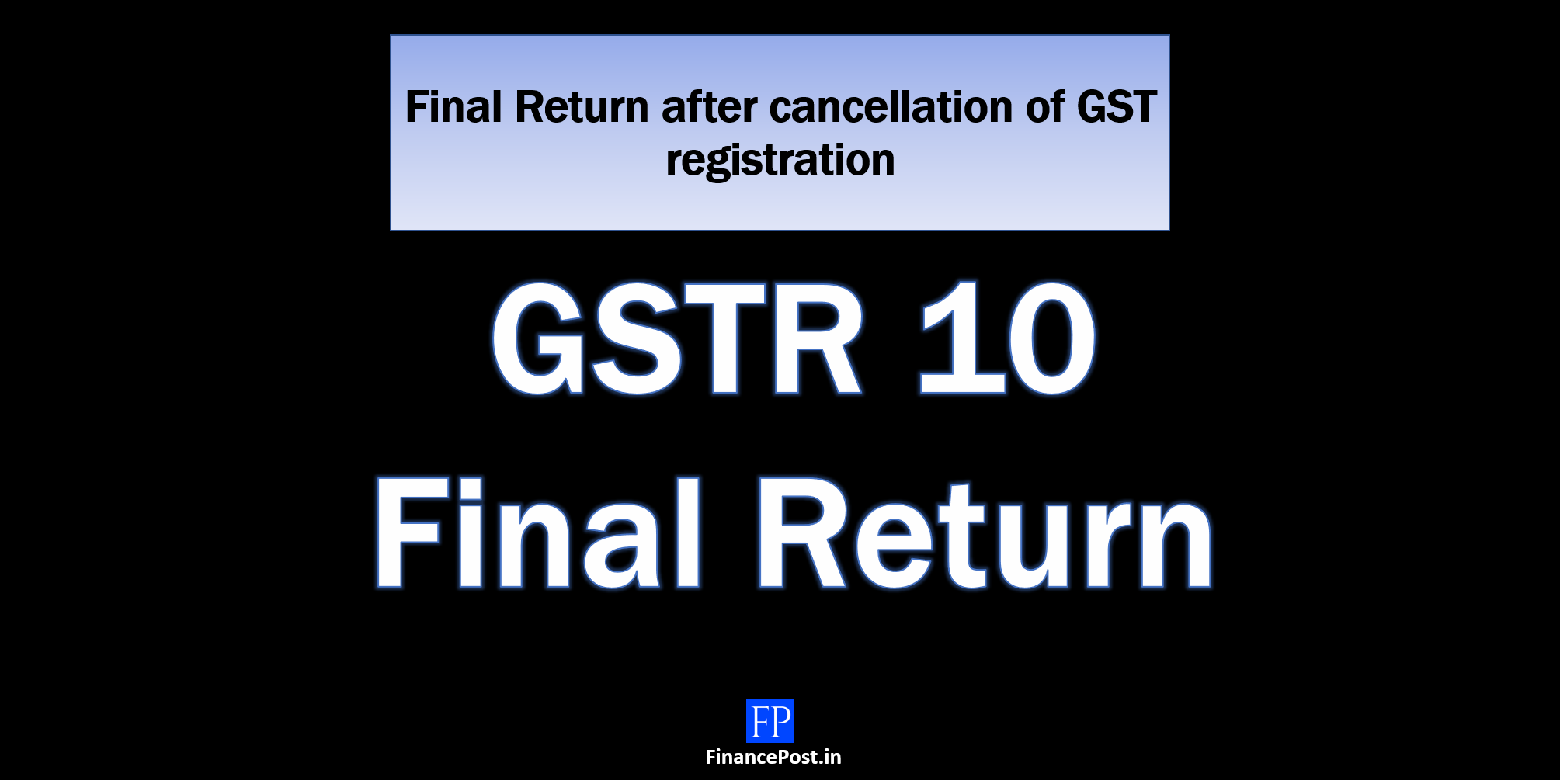
Last updated on July 25th, 2022 at 08:08 pm
Allowable cash transaction as per section 269SS
Finance plays the most important role in business. Sources of funds to run any successful business are an individual’s own capital, loans, or accepting deposits. Accepting loans and deposits doesn’t remain easy after the introduction of Section 269SS and Section 269T in the Income-tax Act. These sections were introduced to curb black money and minimize tax evasion. Indian economy is facing a serious problem of false cash transactions which increases the unaccounted money giving rise to tax evasion. The section talks about the mode of taking or accepting certain loans, deposits, and the specified sum.
Section 269SS
When is section 269SS attracted?
Where a person accepts loans, deposits, or any specified sum from any other person amounting to Rs 20,000/- or more (or aggregate amount) in cash or bearer cheque.
Note: If any of the above is accepted by an account payee cheque or account payee bank draft or use of an electronic clearing system through a bank account then it doe not violate the law.
What is ‘Specified Sum’?
Specified sum refers to any sum received or receivable in relation to the transfer of immovable property (whether the transfer takes place or not).
Few examples to understand the concept better
- If Mr. A accepts a loan/ deposit/ specified sum of Rs. 21,000/- in cash or bearer cheque then the section will be violated.
- If Mr. A accepts the loan of Rs. 10,000/- in cash or bearer cheque and a deposit of Rs. 11,000/- in cash or bearer cheque then this section will be violated as the aggregate payment is more than Rs. 20,000/-.
- If Mr. A accepts a loan of Rs. 15,000/- in cash or bearer cheque and then accepts a loan again of Rs. 10,000/- in cash or bearer cheque then this section will be violated as the total is more than Rs. 20,000/-.
- If Mr. A accepts a loan of Rs. 15,000/- in cash of Rs. 15,000/- in cash or bearer cheque and repays Rs. 10,000/- in cash or bearer cheque and then again accepts a loan of Rs. 8,000/- in cash or bearer cheque then this section is not violated.
When provisions of section 269SS are not applicable?
The section does not apply to any loan/ deposit/ specified sum accepted from/ by: –
- Government
- Banking co., post office savings bank, or co-operative bank
- Any corporation established by the Central, State, or Provisional Act
- Government Company
- Notified Institutions, Associations or Body or Class of Institutions, Associations or Bodies.
AND
- If both the persons (one who accepts and the one who gives loan/deposit/ specified sum) are having only agricultural income and have no income taxable under the Act, then also this section is not applicable.
- If any cash has been received from a relative/friend for an emergency situation but the intention was not to evade the taxes.
- When partners contribute capital in cash or withdraw from the firm in cash it will not be considered as loans and advances and hence will not be considered a violation of section 269SS.
Consequences of violation of Section 269SS | Penalty u/s 271D
A penalty under section 271D will be levied for the whole amount of loan/ deposit/ specified sum that was accepted in cash.
Penalty u/s 271D shall not be imposed if the taxpayer has valid and sufficient reasons for the violation of section 269SS, provided the taxpayer proves it to the satisfaction of the Assessing Officer. Government should clarify or list down the reasons for a better understanding of what will constitute as good and sufficient reasons.
Note: Penalty u/s 271D can be imposed by the Joint Commissioner of Income Tax.
What needs to be reported about transactions covered u/s 269SS in the Tax Audit Report (Form 3CD)?
The auditor is required to report under the following clauses of Form 3CD
Clause 31(a) – In case of loan/deposit accepted in a previous year exceeding limit u/s 269SS
- Name, Address, PAN, Aadhaar of lender or depositor
- Amount of loan or deposit
- Reporting is required for the loans or deposits squared off during the year.
- Maximum amount outstanding during the year
- Whether the loan or deposit was taken through a/c payee cheque or a/c payee draft or digital banking.
Clause 31(b)- In case of the specified sum accepted for transfer of immovable property in the previous year exceeds limit u/s 269SS
- Name, Address, PAN, Aadhaar from whom the specified sum is received
- Amount of specified sum accepted.
- Whether the specified sum was taken through a/c payee cheque or a/c payee draft or digital banking.
You may also like :
- How to save Capital Gain Tax?
- Deduction u/s 80IC of Income Tax Act
- How to compute Capital Gains?
- Do you want to en-cash profit without paying Long Term Capital Gain Tax?
- Due date extended for GSTR 9, GSTR 9A and GSTR 9C
- Capital Gain tax on inherited property
- 50th GST Council Meeting - 11/07/2023
- GST Compliance Calendar of October 2023 - 01/04/2023
- GST sections amended in Finance Act 2023 - 27/03/2023
Disclaimer: The above content is for general info purpose only and does not constitute professional advice. The author/ website will not be liable for any inaccurate / incomplete information and any reliance you place on the content is strictly at your risk.
Follow us on Social Media by clicking below
Follow @financepost_in
Very good article on tax audit thankyou mam…
Thank you for the appreciation